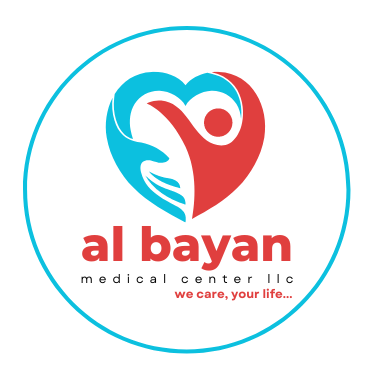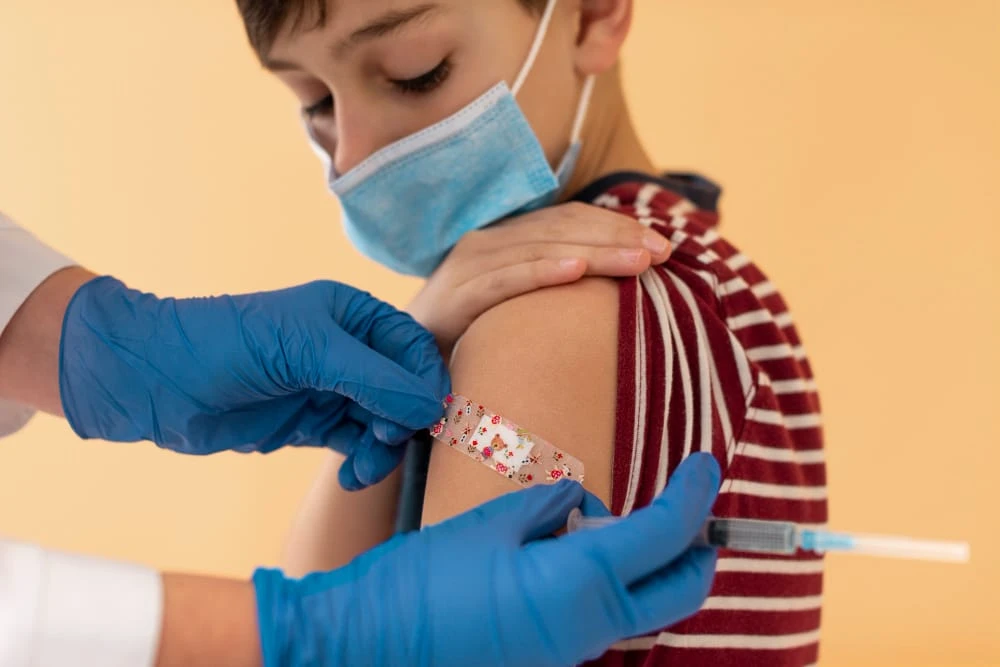The Impact of Vaccinations on Managing Emerging Infectious Diseases
In the changing landscape of global health, vaccinations are an essential tool in combating emerging infectious diseases. These diseases, which often arise from new pathogens or mutations of existing ones, pose significant challenges to health systems worldwide. Effective vaccination strategies are crucial for preventing outbreaks, protecting vulnerable populations, and maintaining overall public health.
Understanding Emerging Infectious Diseases
Emerging infectious diseases (EIDs) are illnesses caused by newly discovered pathogens or by pathogens that have increased in frequency or expanded their geographic range. Factors like urbanization, climate change, and heightened interactions between humans and animals drive the emergence and spread of these diseases. Recent examples of EIDs include the COVID-19 pandemic, Ebola outbreaks, and the Zika virus epidemic. These diseases highlight the critical need for robust public health responses, including vaccination.
The Mechanism of Vaccination
Urbanization, climate change, and increased interactions between humans and animals contribute to the emergence and spread of these diseases. When a vaccine is administered, it introduces a harmless part of a pathogen—such as a protein or a weakened version of the virus—into the body. This stimulates the immune system to produce antibodies and memory cells, which remain ready to fight the pathogen if encountered in the future.
This immune response not only defends the individual but also supports the development of herd immunity. Herd immunity is attained when a significant portion of the population is vaccinated, resulting in a reduction in the overall prevalence of the disease. This collective immunity helps to protect those who cannot be vaccinated, such as individuals with certain medical conditions or allergies, by minimizing the likelihood of disease transmission within the community.
The Impact of Vaccinations on Emerging Diseases
- Preventing Disease Transmission: A key benefit of vaccination is its effectiveness in stopping the spread of infectious diseases. For emerging pathogens, vaccines can quickly curb outbreaks by reducing the number of people susceptible to the disease.
- Protecting Vulnerable Populations: Vaccines are particularly important for protecting vulnerable groups who are at higher risk for severe illness from emerging diseases. This includes the elderly, infants, pregnant women, and those with compromised immune systems. By reducing the incidence of disease in the general population, vaccines help to shield these at-risk groups from potential outbreaks.
- Enabling Rapid Response to Outbreaks: The ability to respond swiftly to new infectious diseases is essential for controlling outbreaks. Vaccines can be developed and deployed quickly with the aid of advanced research and technology. For instance, mRNA vaccine technology, used in COVID-19 vaccines, represents a significant advancement that allows for the rapid production of effective vaccines in response to new pathogens.
- Reducing Healthcare Burden: Preventing diseases through vaccination not only protects individual health but also alleviates the burden on healthcare systems. By reducing the number of cases, hospitals and clinics can focus resources on treating other conditions, and the overall economic impact of outbreaks is minimized. Vaccination programs help to avoid overwhelming healthcare facilities and ensure that essential services remain available.
Challenges in Vaccination Efforts
Despite their effectiveness, vaccination efforts face several challenges. One major issue is vaccine hesitancy, where individuals are reluctant to get vaccinated due to concerns about safety, misinformation, or personal beliefs. Public education and transparent communication about vaccine safety and benefits are crucial in addressing these concerns and increasing vaccination rates.
Another challenge is ensuring equitable access to vaccines. Efforts to improve vaccine access and distribution are essential for achieving global health goals and preventing the spread of emerging diseases.
The Future of Vaccination
The future of vaccination includes ongoing research and development to address new and evolving threats. Innovations in vaccine technology, such as needle-free vaccines and personalized vaccines, hold promise for improving vaccination coverage and efficacy. Additionally, global collaboration and investment in vaccine research and infrastructure will be key to preparing for and responding to future outbreaks.
Conclusion
Vaccinations are a cornerstone in the fight against emerging infectious diseases, playing a vital role in preventing the spread of new pathogens, protecting at-risk populations, and alleviating pressure on healthcare systems. As new health threats continue to emerge, the value of vaccination in safeguarding public health cannot be overstated. For those seeking expert guidance and comprehensive vaccination services, Albayan Medical Center, known as the Best Vaccination Center in Dubai, offers trusted preventive care. By providing essential immunization support, Albayan Medical Center ensures individuals and communities remain protected against the ever-changing landscape of infectious diseases.




